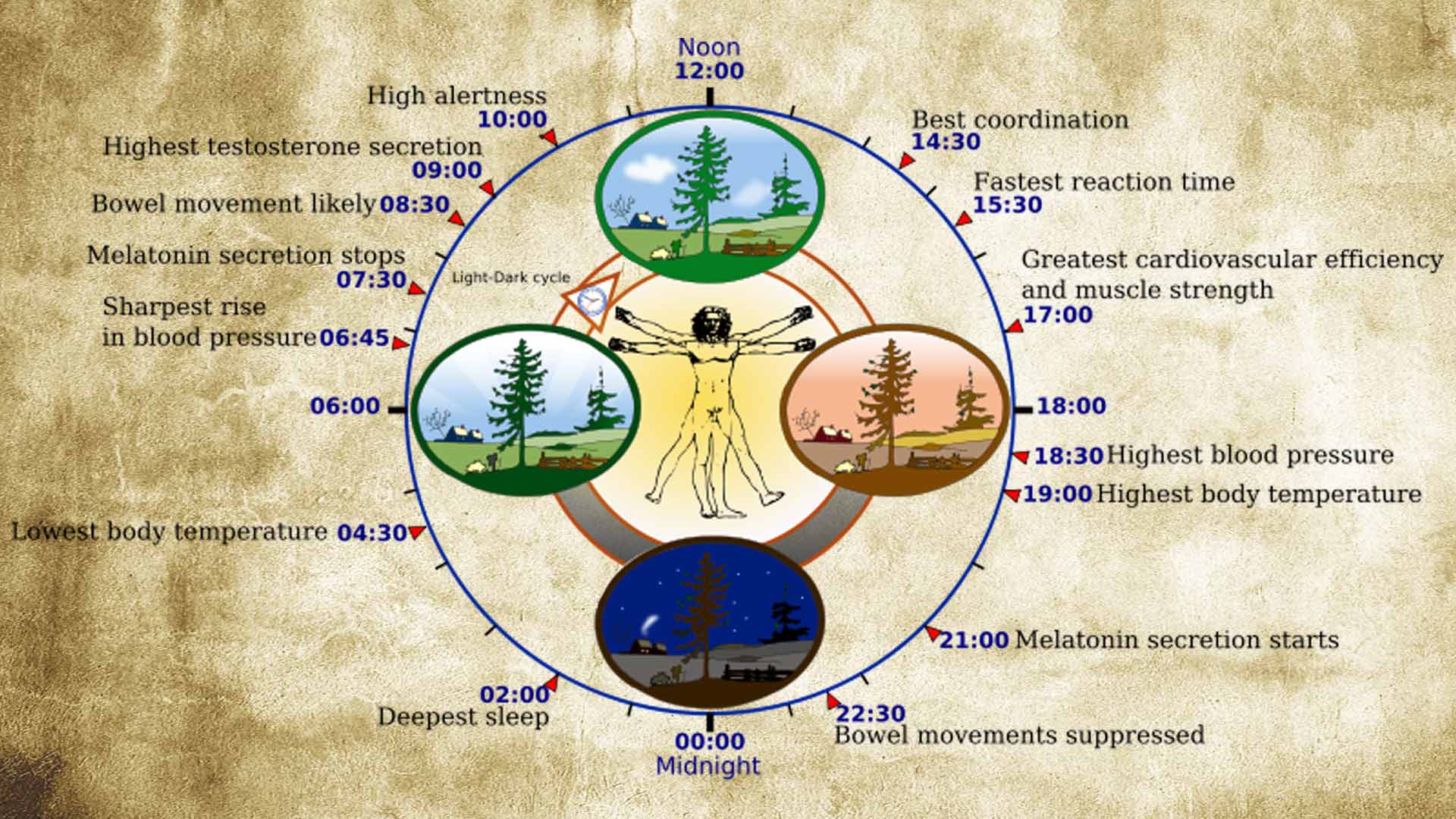The Nobel Assembly at Karolinska Institute, consisting of 50 professors, awards the Nobel Prize in Physiology or Medicine. This year, the work, done by Jeffrey C. Hall and Michael Rosbash of Brandeis University and Michael W. Young of the Rockefeller University in the USA “for their discoveries of molecular mechanisms controlling the circadian rhythm" was awarded the prize. They were chosen from a list of 361 nominations that were reviewed.
The phrase circadian rhythm originates from the Latin words circa meaning "around" and dies meaning "day". Circadian rhythm mechanisms are inbuilt biological clocks that help organisms adapt to changes and variations in their external environment like light (day & night) and temperature.
The trio has been working, Hall and Rosbash with each other and Young on his own, on the matter since the 1980s, and initially showed that some mutant fruit flies that had lost their circadian rhythms were mutated in a gene called “Period”. Hall and Rosbash, then showed that PER, the protein coded by Period, showed circadian changes in its levels in cells, using a feedback mechanism. Young went on to identify other genes involved in controlling the circadian clock mechanism such as “Timeless” and “Doubletime”, which tune the circadian periodicity of the PER protein. As the Nobel assembly notes, the work of the three laureates elucidated an elegant mechanism connecting oscillations in the levels of biomolecules with the rhythmicity of environmental conditions.
But why does this matter, and why should the rest of us be interested in this? At one level, there is an easy answer to give. We are all familiar with instances of disruptions of the circadian clock. “Jet lag”, in which the body is unable to quite cope with rapid shifts of time zones that come with air travel, is one example. Such disruptions have long been known to have practical consequences; many physiological processes such as bowel movements, sleep, blood pressure, hormonal control and even mindfulness have been shown to be affected. Associations have been shown between disruptions of the circadian clock and non-communicable diseases such as metabolic diseases and cancer, although the exact mechanisms involved still remain unclear.
It is noteworthy that many of these disruptions of the circadian clock come from the commodification inherent in modern capitalism. Night shifts, long shifts, and other irregular work patterns are examples of such economic pressures, and today’s 24-hour society tends to exacerbate these disruptions even further.
Does the work of today’s laureates help address any of these problems? Clearly, that is not the case, since so many of these problems belong to the realm of the political economy. Further, even at the biological level, no real practical intervention has emerged as a result of their work so far, although their work will undoubtedly form part of the underpinning of any such innovative design in the future. What their work has changed over the past decade or two is the way other biologists have begun to look at the finer details of how biological clocks work in many of these complex situations.
Thus, this year's Nobel prize in physiology-or-medicine recognises the leaders among a group of slightly weird scholars in biology who were trying to explain a peculiar phenomenon; that the bodies of organisms can and do detect the time of the day. As usual, and without taking anything away from these deeply thoughtful scholars, this Nobel prize too overstates the contributions of individual scholars and understate those of the much wider scholarly community. That said, a couple of additional oddities are well worth noting. Firstly, this is a prize that celebrates an ambition not particularly common among biologists or indeed among natural scientists; to explain the causal connections between very different levels of the organisation, namely, between the level of molecular pathways in cells and planetary-level phenomena. And secondly, this is a prize that celebrates scholarship in science for its own sake, since there is as yet no real-world outcome from it yet. This can be seen as a frankly political point made by the Nobel assembly in this neoliberal era of governments in many countries (including the USA as well as India) asking natural scientists to work on “nationally relevant problems”. May the lessons be learnt.





